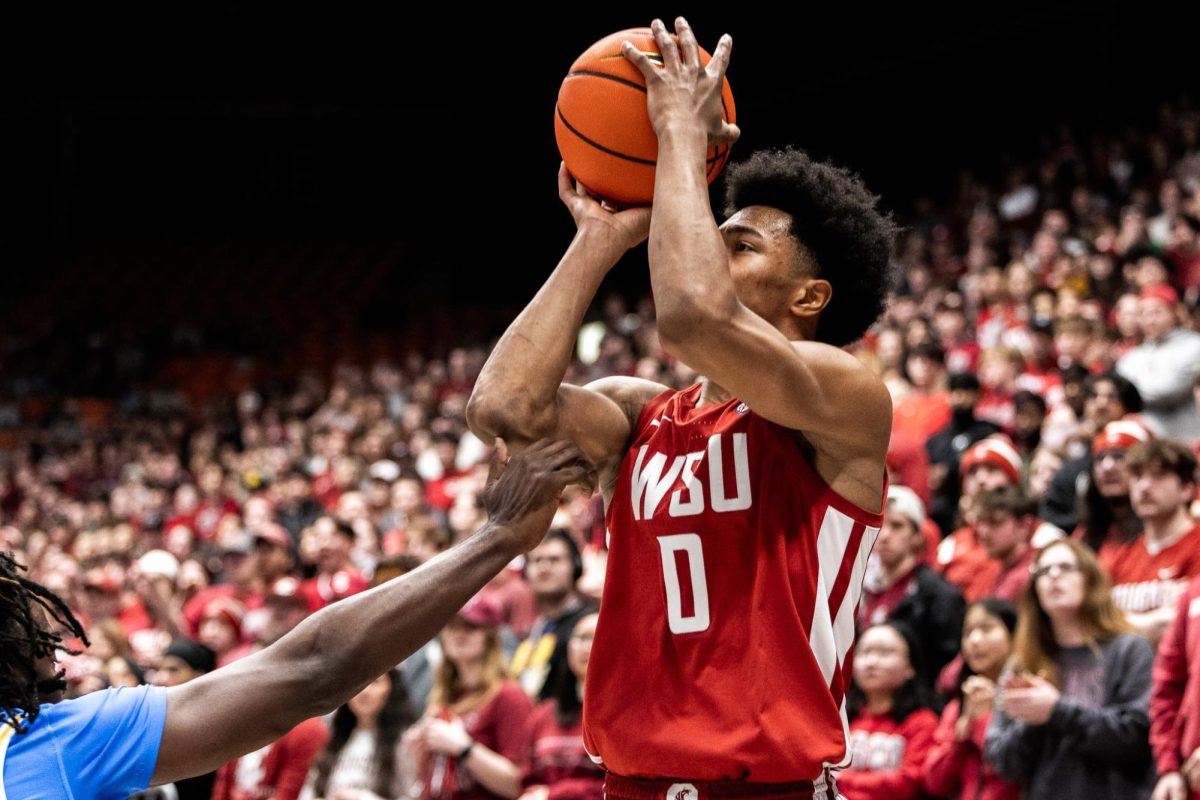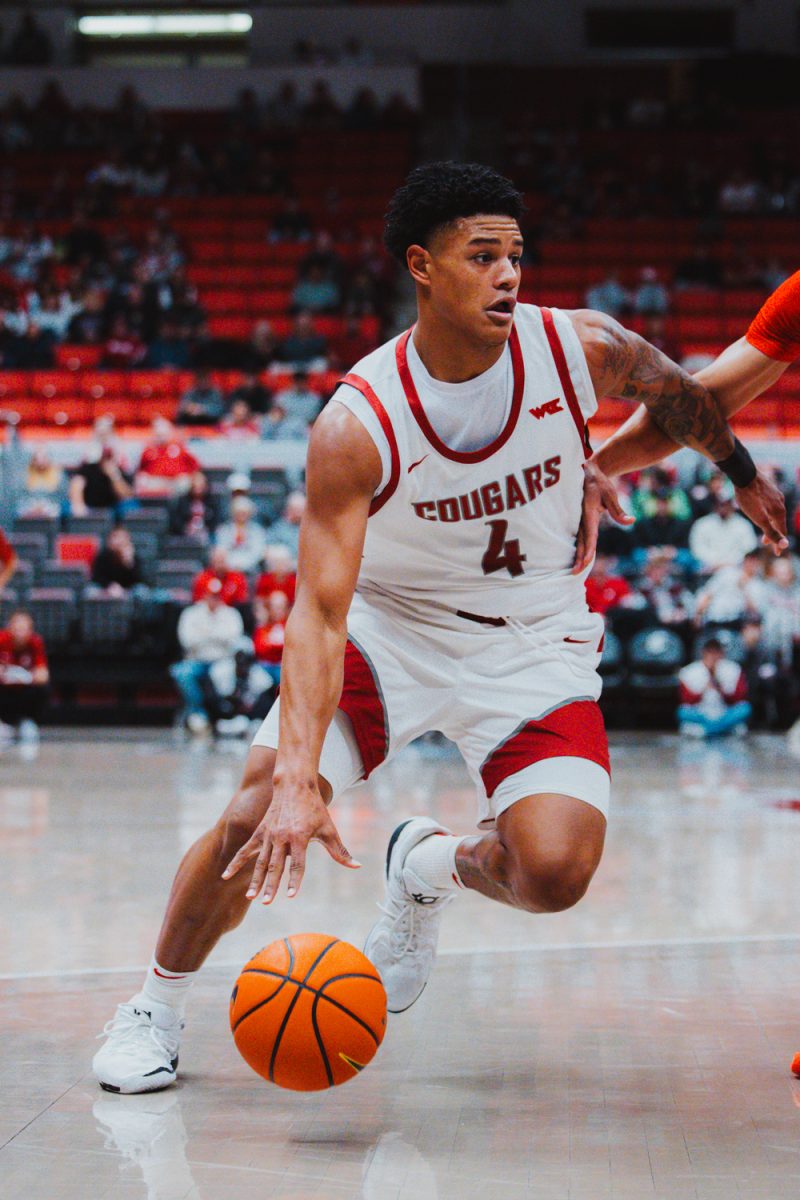Nick Saban’s career may be over, but his legacy in football and beyond will last forever.
The 72-year-old Saban announced his retirement from the coaching world Jan. 10. He spent 28 years as a head coach at the college level, 17 years of them with Alabama, and finished with a career record of 297-71-1.
Before Alabama, Saban made stops at Toledo, Michigan State and LSU before he made a pitstop in the NFL with the Miami Dolphins. Saban only coached the Dolphins for two years from 2005–06, finishing with a record of 15-17.
After a lackluster start in the NFL, Saban returned to the college football world and took the head job with Alabama in 2007, where cemented himself as a football icon. When Saban took control in Tuscaloosa, Alabama was amid a 15-year title drought, clinging to the success of legendary coach Paul “Bear” Bryant.
Saban restored the success and dominance, putting Alabama back on the elite shelf. After starting 7-6 in his initial season (2007), Saban won at least 10 games in his final 16 seasons with Alabama. Saban won seven national champions throughout his career, six with Alabama.
Saban’s championships came in 2003 (LSU), 2009, 2011, 2012, 2015, 2017 and 2020. The Saban-led Tide also won nine SEC championships in 2009, 2012, 2014, 2015, 2016, 2018, 2020, 2021 and 2023.
There’s no way around it, Nick Saban is the greatest college coach to ever step on a field.
Off the field, though, Saban’s impact has largely been overlooked throughout the media’s reflection on his career.
Saban was an avid advocate for the student-athlete, impacting the lives of those he recruited directly with scholarship opportunities, and more recently with NIL, financial compensation.
The most notable impact off the field that Saban made was giving players second chances.
Back when Saban was with Michigan State in 1993, campus police discovered a loaded gun in the glove compartment of Michigan State football player Muhsin Muhammad, and placed him under arrest. Muhammad’s arrest violated his probation for previous marijuana possession, and he was sentenced to 90 days in jail.
Rather than kicking Muhammad off the team, Saban gave him a second chance.
“Everybody in the school, every newspaper guy, everybody was killing a guy because he got in trouble and said there’s no way he should be on our team. I didn’t kick him off the team, I suspended him, I made him do stuff. He graduated from Michigan State, he played 15 years in the league, he’s the president of a company now and he has seven children and his oldest daughter goes to Princeton. So who was right?” Saban said during a press conference in 2014.
Muhammad is now a managing partner with Axum Capital Partners in Charlotte.
“So my question to you is, where do you want them to be? Want to condemn them to a life sentence? Or do you want a guy to have his children going to Princeton?” Saban added.
This act by Saban is a microcosm of the positive impact he has left on players in his coaching career. In an age where players can be replaced in a second, Saban was willing to take a chance on a young man and this act changed Muhammad’s life for the better.
That story, and many others like it are why Nick Saban is undoubtedly larger than football.


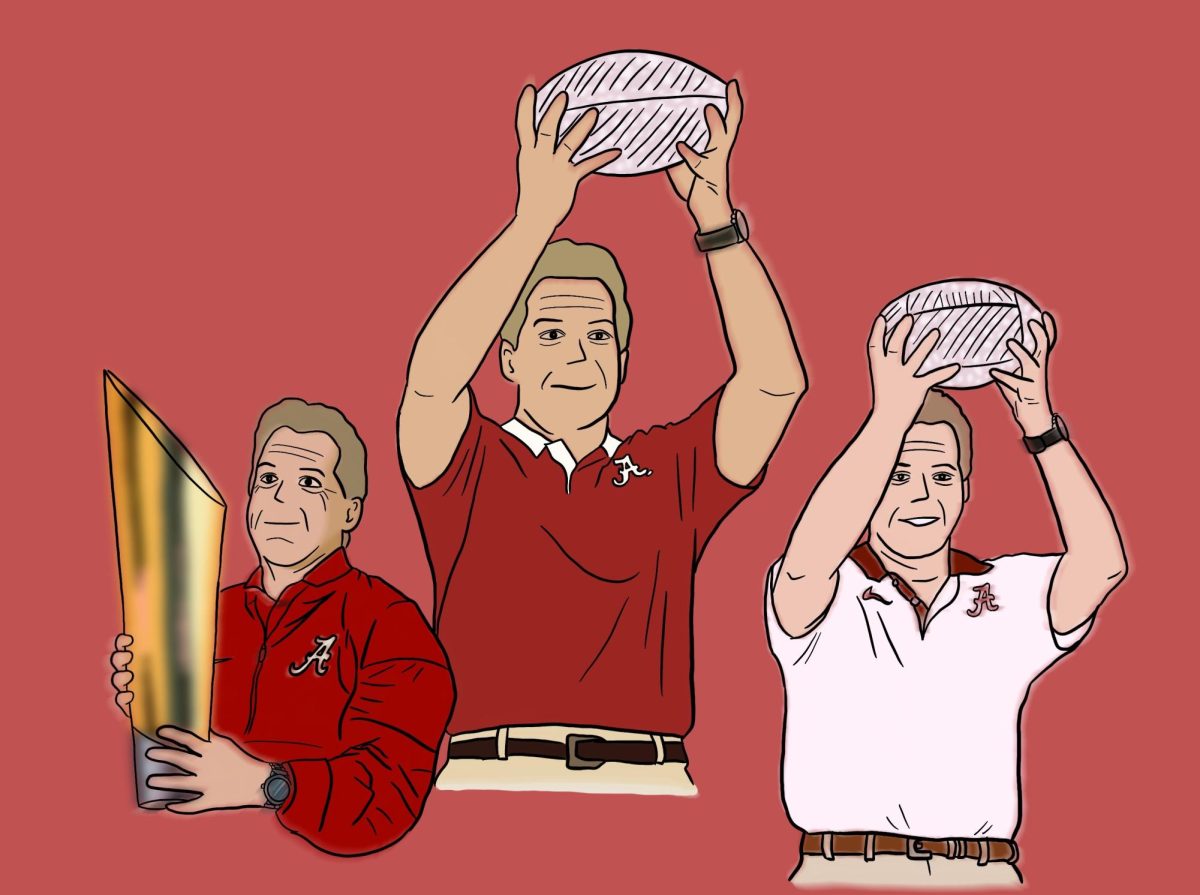
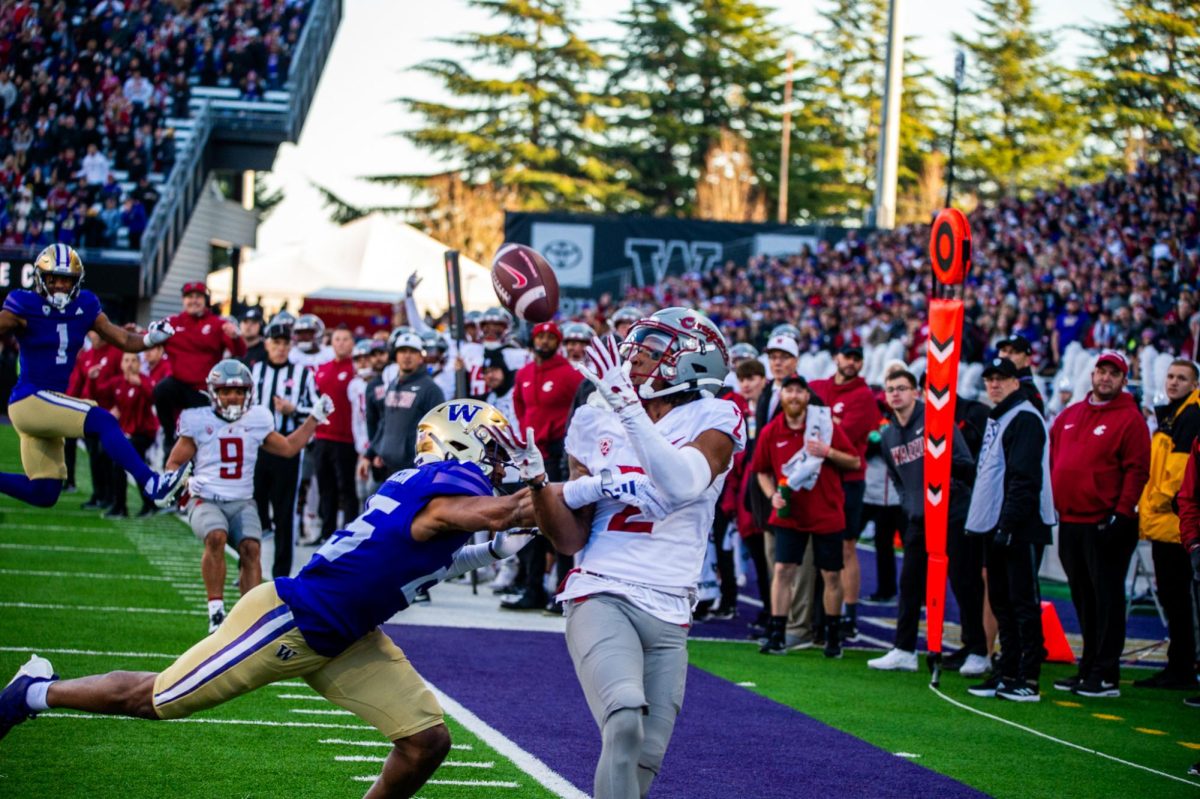
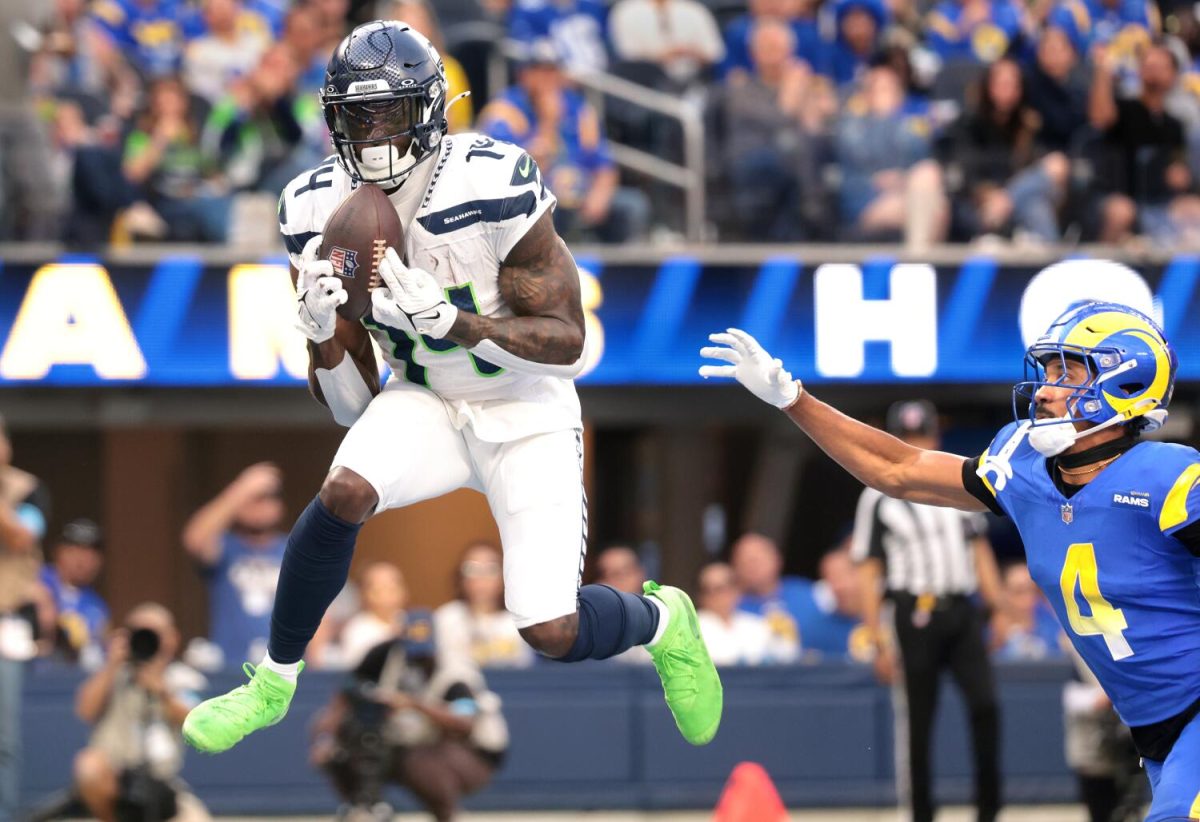
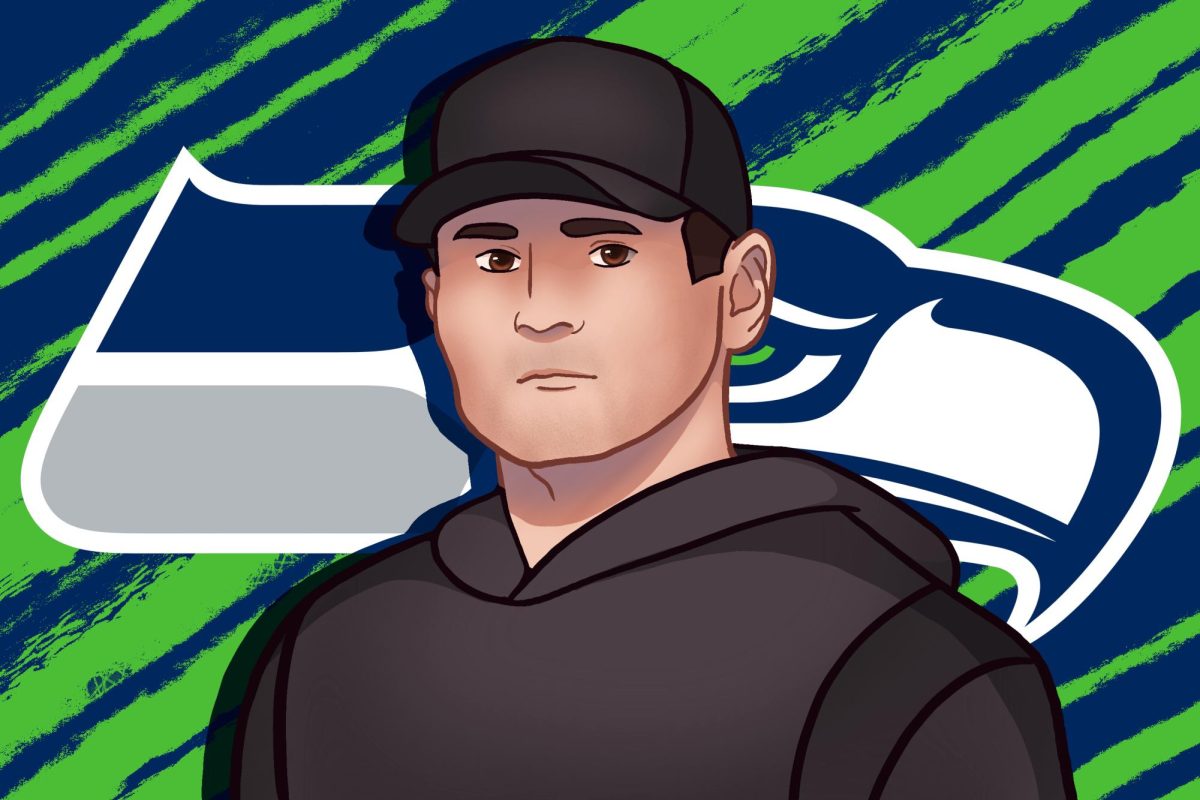
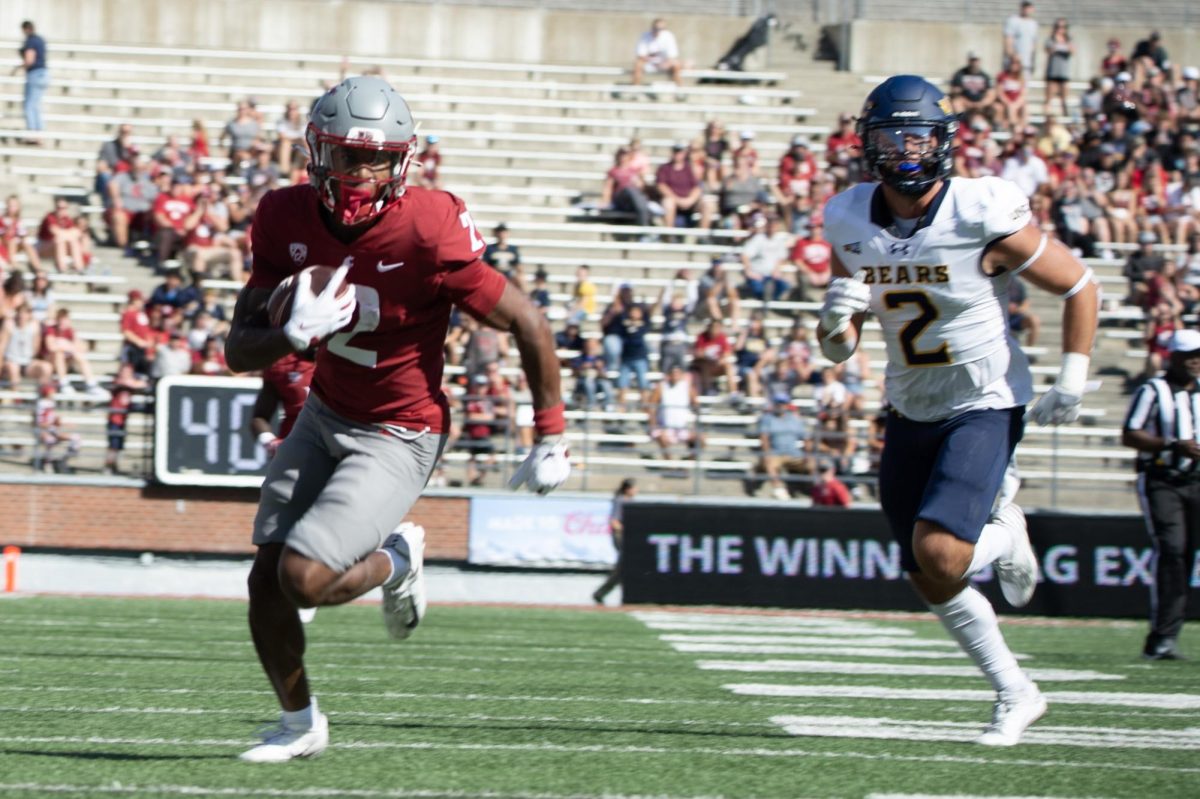
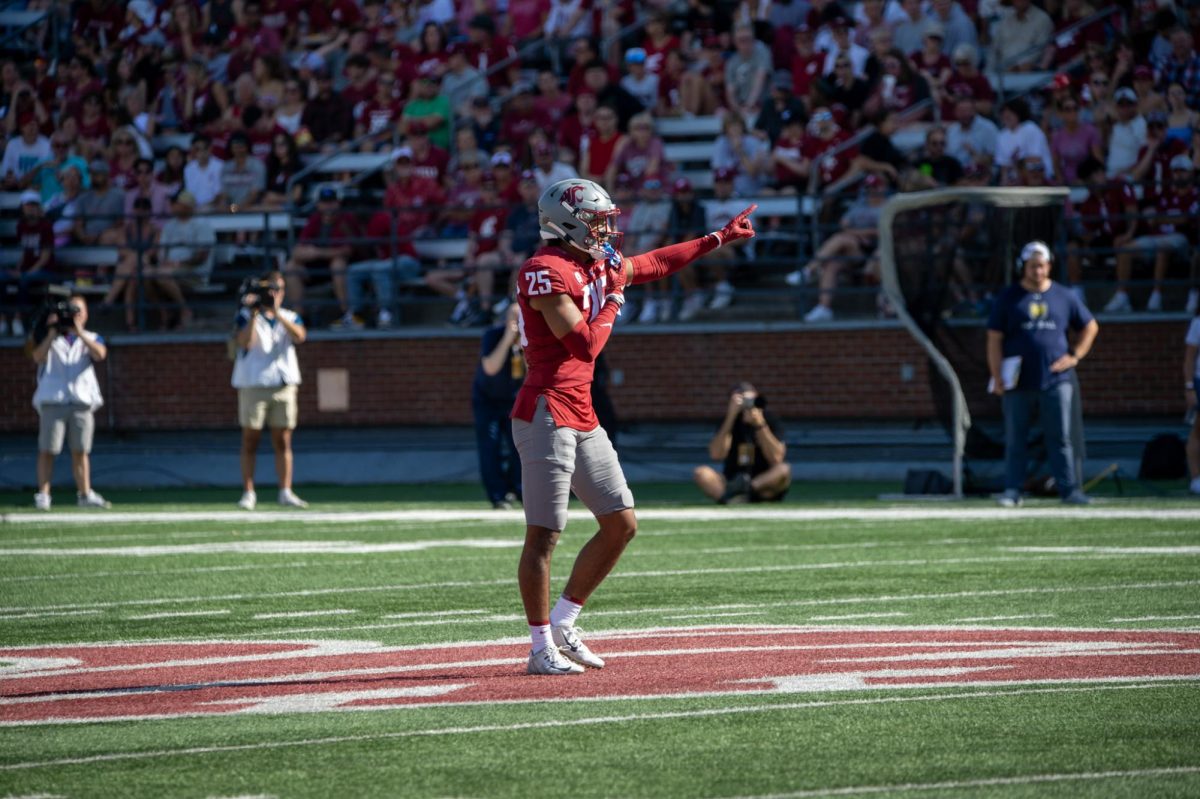
![Golden Knights center Brett Howden (21) is shut out from the puck by Seattle Kraken defenseman Vince Dunn (29) and Seattle Kraken defenseman Adam Larsson (6) during an NHL hockey game between the Golden Knights and Seattle Kraken at T-Mobile Arena Thursday, April 10, 2025, in Las Vegas. (Madeline Carter/Las Vegas Review-Journal) [Courtesy of Tribune Content Agency]](https://dailyevergreen.com/wp-content/uploads/2025/04/20250411-AMX-SPORTS-3-TAKEAWAYS-AS-ILLNESS-SPREADS-19-LV.jpg)
